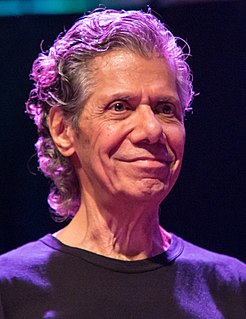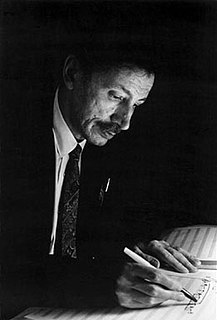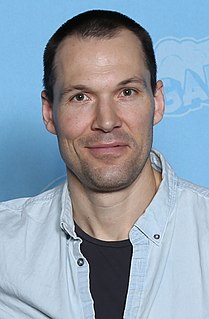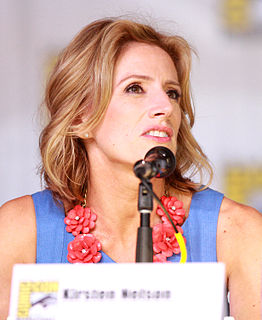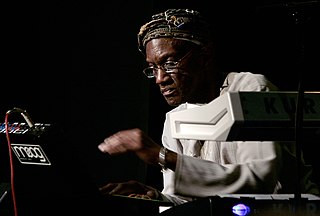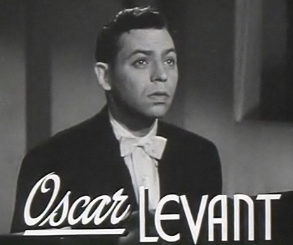A Quote by Gian-Carlo Rota
Mathematicians - for what they do - are really poorly rewarded. And it's a very competitive field, almost as bad as being a concert pianist.
Related Quotes
I mean, if you pause over what it means at the age of 76 that Eleanor Roosevelt wrote, the happiest single day of her life was the day she made the first team at field hockey. Field hockey is a team sport. Field hockey is a knockabout - I mean, picture Allenswood, the swamps of north London. It's a messy sport. So she really enjoyed playing this rough-and-tumble sport in the mud of Allenswood, a team sport. And she was very competitive. And she loved being competitive, and she loved to win. And that, I think, was all of the things that Allenswood enabled.


